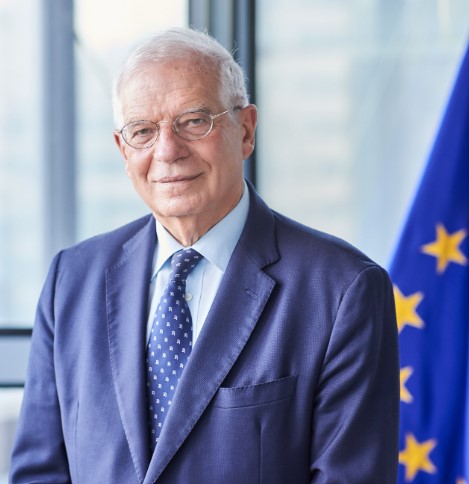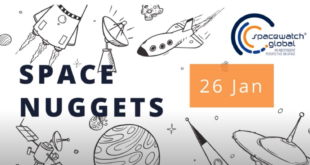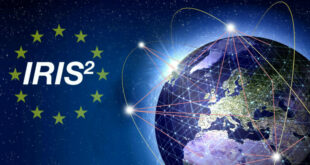
Ibadan, 25 January 2023.- The European Space Conference began yesterday, January 24, 2023, at the Egmont Palace, Brussels, Belgium. Josep Borrell Fontelles, High Representative and Vice President of the European Commission, delivered the first Keynote address. In his speech, he noted how timely the conference’s Security theme was with regard to the war in Ukraine. He said that he has always championed the strategic importance of space since he took up his mandate as a high representative, as space had become a key strategic domain.
Borrell pointed out that since last year, threats in the space domain have increased. This, according to him, called for a paradigm change within the areas of space, security, and defense. He noted that in 2022, the World Government had spent EUR 100 billion in the space sector, comparing it with the EUR 50 billion that the European Union had allocated to Ukraine within similar periods.
We need a paradigm change in Space, Security, and Defense.
He also explained how space services are essential for understanding the fast-changing crisis in Ukraine and how the conflict on the ground develops. For instance, he said, “satellite imagery and Communications have proved to be game changers for the Ukrainian Armed Forces and the entire population. They have been providing critical information and situational awareness to help to resist the attack.” He also noted how the World had seen how the ability to deny the use of space had become a warfare tactic, referring to the cyberattack on VIASAT before Russia invaded Ukraine.
According to him, all of these necessitates that Europe take steps to protect its infrastructure. He continued that it was much better and practical to take such measures at the EU level rather than at member state level.
Thierry Breton, Commissioner for Internal Market, the European Commission, also discussed current engagements with the Copernicus and Galileo constellations. Regarding Galileo, Breton disclosed that Europe was launching the new “Galileo high-accuracy service, filling a prosperous market for innovative applications, from farming to drone navigation and autonomous driving.” He also expressed the need to enhance the European annual strategic posture to defend European interests, protect its space systems and services, and become a more assertive space sector.
Stemming from this, Breton disclosed that he and Barroll would table an EU space strategy for security and defense in March based on four pillars. The first pillar will be a broader resilience and security framework for EU national and commercial spaces. Another pillar is the enhanced use of space for security and defense operations, for instance, through new earth observation and space situational awareness systems. Lastly is intensified cooperation with global partners, notably NATO.
Breton also disclosed an EU space law to enact standard rules on safety, security, and sustainability of Europe’s special provisions. He pointed out that ten member states have already started to regulate special operations. This joint rule on the above facets is necessary to prevent diverging national laws, which Breton believes will have a negative impact on Europe’s security and competitiveness.
Mats Persson, Minister for Education and head of the Ministry of Education and Research, Sweden, also discussed the recent inauguration of the Esrange Spaceport in Sweden and the officialization of the Swedish EU presidency. The Minister notes that the Esrange spaceport has a unique geographic position and long-term experience in space activities, making the center ideal for satellite launches into polar orbits. Persson concludes that this new capability will strongly contribute to Europe’s resilience and independent access to space.
 SpaceWatch.Global An independent perspective on space
SpaceWatch.Global An independent perspective on space




